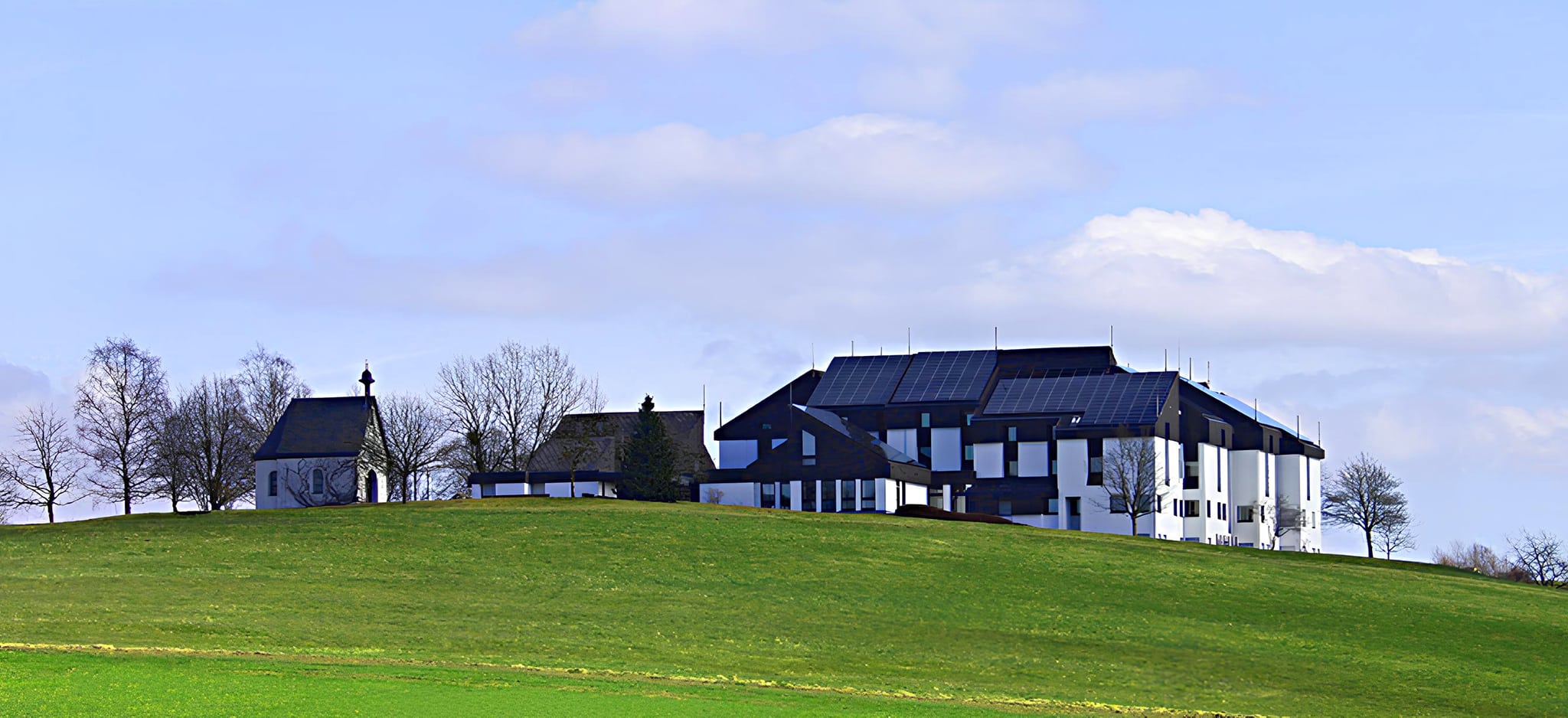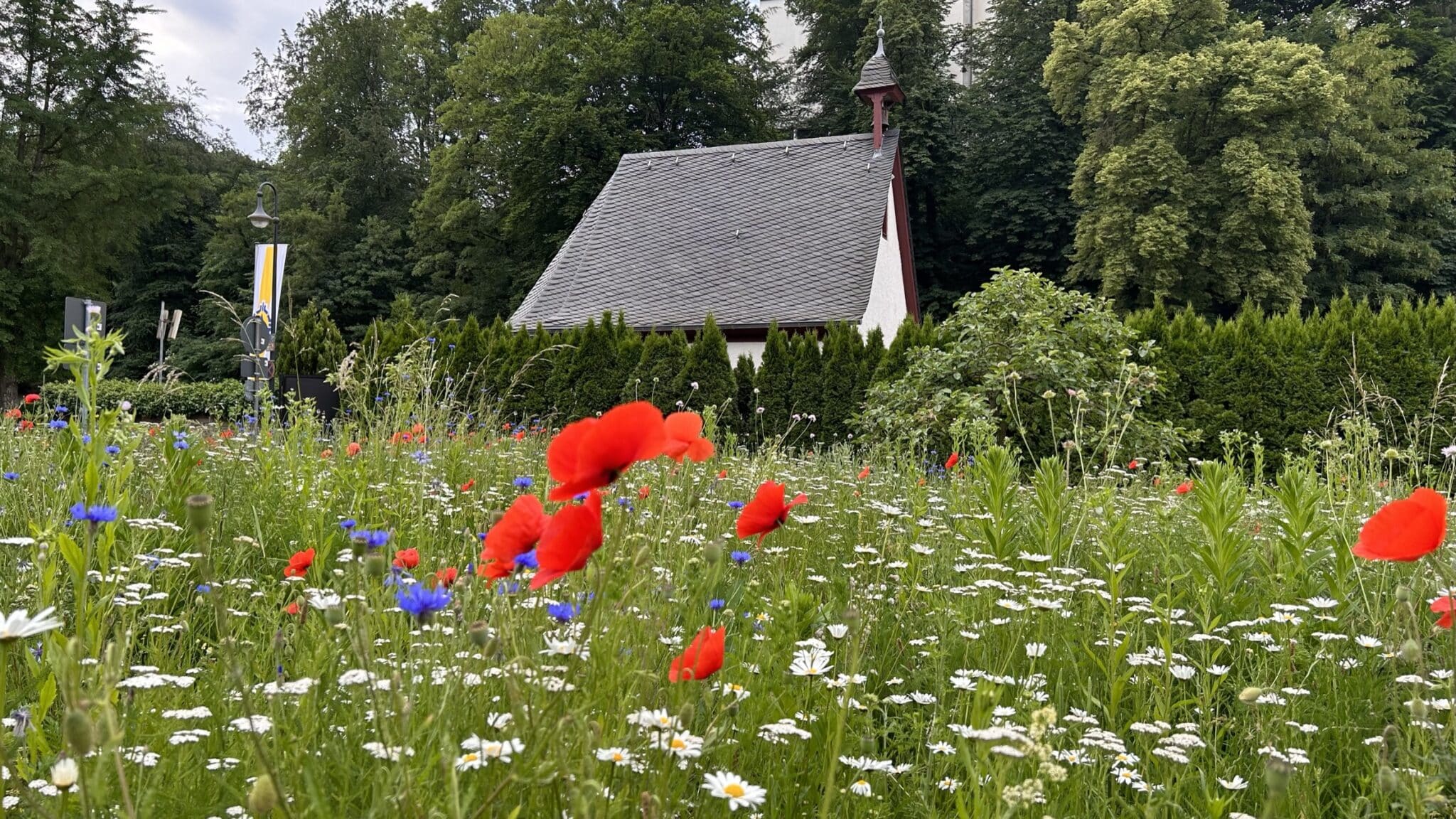Today is the second Sunday of Lent and the common thread of the liturgy depicts an unfathomable personal experience on the mountain. We have Abraham’s experience of faith when he offered up his son, and the experience of the disciples with the Lord at Tabor.
Lent is a journey to be taken. Speaking of the journey, I just remembered a dialogue with a priest friend of mine, Carlos Padilla, in which, walking through the uncertainties of life, we talked about this subject of Abraham and the Lord at Mount Tabor.
– Carlos, isn’t it impressive what Abraham experienced inwardly at that moment when he went up to Moriah with his only son?
Yes, Abraham’s love is put to the test. It is a faithful love, a love that trusts in the God of promises. Sometimes in life we stray from the straight path God was leading us on. We think that life is always going to be a certain way and suddenly everything changes. The promise had a way to be fulfilled. When everything goes wrong, we often stop trusting. The only way to fulfill God’s promise to us seems impossible. But He invites us to hope against all hope.
What happened at Moriah is an act of light, of life. The son is surrendered, the path is blocked forever. Isaac is going to die and this is the greatest surrender, the sacrifice of the son. This image of Moriah is provocative. To go up there to offer one’s life. It is the value of a seemingly meaningless sacrifice. The greatest sacrifice. It is the most beautiful surrender. To give up what gives meaning to our life, what we love with all our soul.
How hard it is to resist! How hard it is to trust when the paths are blocked! It is believing beyond hope. When all paths seem to be blocked, we can only keep on walking. When all the doors are closed, a window will open to give us light. When there seems to be no way out, God appears at the last moment to save us. But to continue believing until that moment is not so simple.

The spirit of Moriah leads us to be ready to sacrifice everything for the love of God. Father Kentenich said: “Whatever happens, God can take from me even what is dear to me, even if my happiness is destroyed. The son who has such certainty in life is completely safe! We too must possess this divine certainty. This must also be our primary sentiment: Father, you love me so much! It can cause us suffering, we know. We would not be human if it did not. But the prevailing tone must be: – All this is an expression of divine love! And this provides security in life, in economic needs and concerns”. [1]
God’s love comes to lift us out of despair. It is love that restrains our hand, as it did Abraham’s at the last moment. It is trust at all times. We are afraid that things will not turn out the way we want them to. We think: “What if we suffer the cross? What if we lose a loved one? What if we suffer from an illness?”.
– Carlos, this dialogue between the Father, the Son and Yahweh in Moriah, and the dialogue between the Father and the Son at Tabor, both speak of surrender, of love. Is that the attitude one should adopt?
– Yes, but it is born out of an act of trust. I am struck by this passage halfway through Jesus’ journey. It is a break. Something that apparently is not repeated in the Gospel in such a profound way. Many times Jesus speaks with his Father, on the mountain, in the desert, but it is something between them and we are not told the content. Today we are. It is a day in which the life of Jesus is condensed, and that of the disciples, and finally, ours as well.
Jesus walks as we do with uncertainty, trusting that the Father will always be at his side, but without knowing any more than what the Father is revealing to him. On Mount Tabor, the Father shows them who Jesus is and a little of what is to come. The three apostles have just heard that Jesus is going to die. Today, they see God’s light while they were living in darkness. They grieve for Jesus and see on that mountain a door open to hope. They cannot doubt after having experienced heaven.
I believe that Lent is a journey to the desert, or to the mountain, so that God may once again captivate our hearts. It is a return to an intimacy with Him which allows us to relive our first love. To open a window to heaven in our hearts. Is it not true that the first love, if not cared for, grows cold and dies? These 40 days are an opportunity to love more, to tell God how much we love Him. To listen in our hearts to his voice seeking us and needing us: “This is my beloved Son”.

It is beautiful to climb Mount Tabor with Jesus to hear the voice of God in our soul…
While reading the other day from an author, I loved how he commented that Jesus proclaimed to his people a reason for hope: “God is already here looking for a happier life for all. We have to change our vision and our hearts”. [2] Jesus comes to show a new way of living. This makes them realize on the mountain what they have been created for. God wants them to learn to offer their lives out of love: “He wants to help them perceive what God is like and how He acts, and what the world and life would be like if everyone acted like Him”. [3] Returning to the first love is essential if we are to change, if we are to give our lives without fear.
For the disciples, a window to heaven was opened. A mountain after the desert. The ascent is difficult, but the view is worth it. The landscape is revealed. And one can see the distance. Life becomes small from above. What John, Peter, James, and Jesus experienced there will be treasured in their hearts as a unique moment of intimacy.
We might wonder: What was my last Tabor moment?
What was the most important Tabor moment of my life? That moment, or that place, or that person, where I want to stay, to take root, to set up my tent. People are like that, we don’t want time to pass, we want to hold on to moments of peace, of beauty. We always want love to be eternal. Because even if we are limited, we actually dream of “friends forever”, and we want the real thing to be kept forever, to remain the same, to be kept within. This is our greatness, but it also gives us an infinite thirst. It will be like this in heaven, we will be able to put up our tent forever. Now it is our turn to come down from the mountain, but no one can take from us the treasure of what we have lived. And we descend with Jesus; he never abandons us!
[1] J. Kentenich, Viver com Alegria
[2] José Antonio Pagola, Jesus, Abordagem Histórica
[3] José Antonio Pagola, Jesus, Abordagem Histórica
